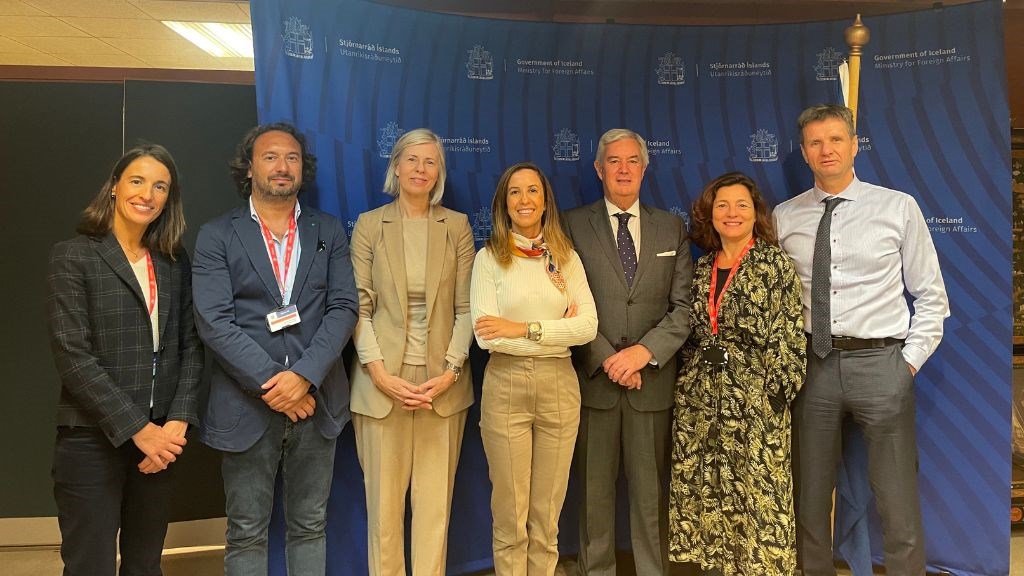Organized by the Commission for Citizenship and Gender Equality, and with the participation of PlanAPP, the General Directorate of Administration and Public Employment, and the Portuguese Ambassador to Norway, this study visit, which took place from June 20th to 22nd, aimed to understand the advantages and challenges of implementing a reduced weekly working hours system in that country.
Based on an agenda prepared in collaboration with the Municipality of Reykjavik and the Embassy of Iceland in Portugal, the Portuguese delegation met with the Human Resources Department of the Municipality of Reykjavik, labor unions, a confederation of employers, and learned from the experience of shift workers such as nurses or formal caregivers.
The delegation also met with ALDA - Association for Sustainable Democracy, which presented the conclusions of a pilot project developed in Iceland, highlighting the maintenance or increase in productivity and improvements in work-life balance for employees.
According to the various parties involved in the project, this experience in the public sector has led to transformations in the labor market and labor relations, including changes in task execution and delegation that have begun to be implemented.
The delegation also had the opportunity to meet with the Director for EEA Grants at the Ministry for Foreign Affairs of Iceland, to whom the results of the funded projects in Portugal were presented. They also met with RIKK - Institute for Gender, Equality, and Difference at the University of Iceland, which presented a set of projects developed in partnership with the EEA Grants.
Click on the arrows to see all the images.
